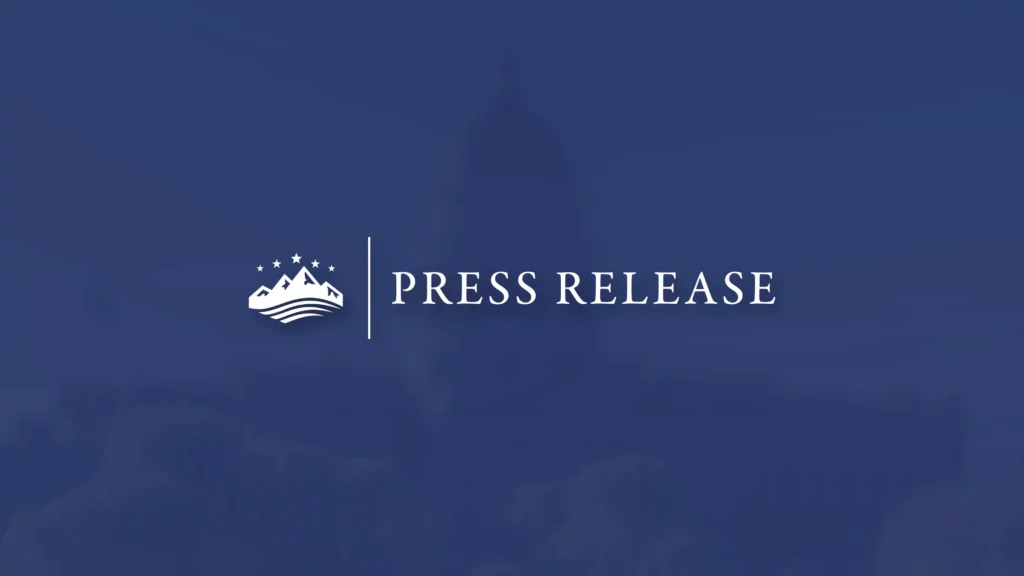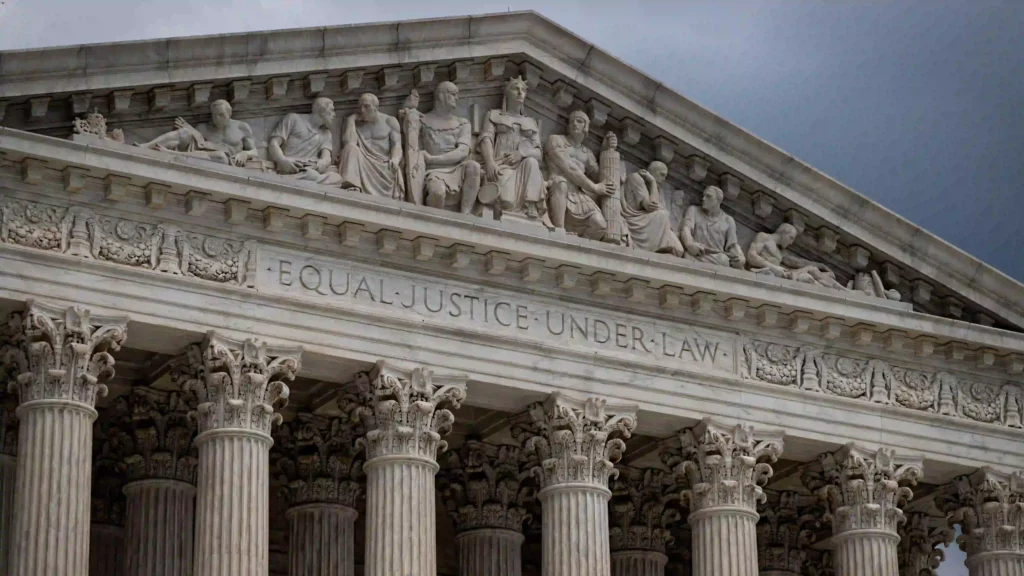

Insights & Takeaways is Sutherland Institute’s official blog that informs the public and policymakers alike. The blog addresses important issues through the two distinct yet complementary lenses of the seasoned policy professional and the engaged citizen.
 Insights: analysis, research, and informed commentary from Sutherland experts. For elected officials and public policy professionals.
Insights: analysis, research, and informed commentary from Sutherland experts. For elected officials and public policy professionals.
 Takeaways: the most important things voters need to know. For civically engaged citizens.
Takeaways: the most important things voters need to know. For civically engaged citizens.
HB 390 would protect religious student groups in higher ed
Utah’s universities must be places of free and open dialogue about religion, politics and ideologies.
FAQ: Utah’s app store age verification bill
As the Utah Legislature considers a bill requiring parental consent on app store downloads, we have provided a helpful FAQ for interested parents and Utahns.
Election law amendments bill requires changes to reflect constitutional principle and evidence
The spread of vote by mail in Utah has expanded the base of regular Utah voters, which has strengthened the constitutional role of elections as laid out by the framers of the U.S. Constitution.
Sutherland Institute Announces New Policy Focus; Nic Dunn Adds New Role as Senior Fellow
Sutherland Institute announced today an elevated focus on upward mobility policies, led by Nic Dunn in a new role as vice president of strategy and senior fellow.
Utah considers a modest step in restoring federalism – and more can be done
Utah has an opportunity to strengthen the framers’ vision with a bill aimed at restoring some of the much-needed balance between the states and Washington.
Scholarship lawsuit might be looking for (legal) meaning in all the wrong places
“Original public meaning” is the best standard for understanding the law. It focuses on the actual language of the law, not on the subjective intent of those who had a role in creating it.
Why the Ninth Circuit unanimously tossed the Huntsman tithing lawsuit
Four judges in concurring opinion say the case was a “transparent fight about the current course of the Church masquerading as a civil lawsuit.”
What do academic scores on the ‘Nation’s Report Card’ tell us?
Students haven’t made up for the learning loss from the pandemic, and in many cases, they are still declining. But there are some wins and promising trends.
More state control will mean less catastrophic wildfire
Congress should amend the law to encourage public land agencies to gradually transfer land that is not dedicated as a national park or a similar federal purpose to the states.
New Supreme Court case at intersection of religion and parents’ rights in education
Despite state law, Maryland school district declined to give parents notice of teaching of sensitive sexuality-related topics and the ability to opt their children out. The parents sued.
Do we need a one-stop shop for open enrollment data?
In several states, there are online platforms that make open enrollment data and navigation easy for parents. Utah should consider how this might look in our state.
Sutherland releases new research audit on Utah’s federalism rating
Sutherland Institute released a new research publication evaluating how well Utah’s governance lives up to the principle of federalism and shows ways the state could improve.
What will this legislative session hold for education policy?
While changes to higher education funding may take up a lot of airtime and gain media attention, plenty will also take place in the K-12 space as well.
Career and technical education in 2025: growing support, consensus and participation
Utah’s interest in expanding career and technical education continues to grow, and CTE policy will likely be enhanced during this year’s legislative session.
Sutherland releases survey data on 2025 election reforms
Sutherland Institute released new survey data highlighting Utah voters' perspectives on possible election reforms.
Private education in 2025: enrollment and key policies
The future of private school enrollment could be significantly impacted by the expansion of education choice programs.
Home-based education in 2025: the numbers and top issues
Home-schooling rates are increasing across the country long after the pandemic, with an estimate of 5% of students being home-schooled.
Obscured guidance from federal agencies creates an accountability gap. What can the state do?
Sutherland recently testified to legislative panel about the need for transparency in guidance provided by federal agencies to state and local governments in Utah.

















